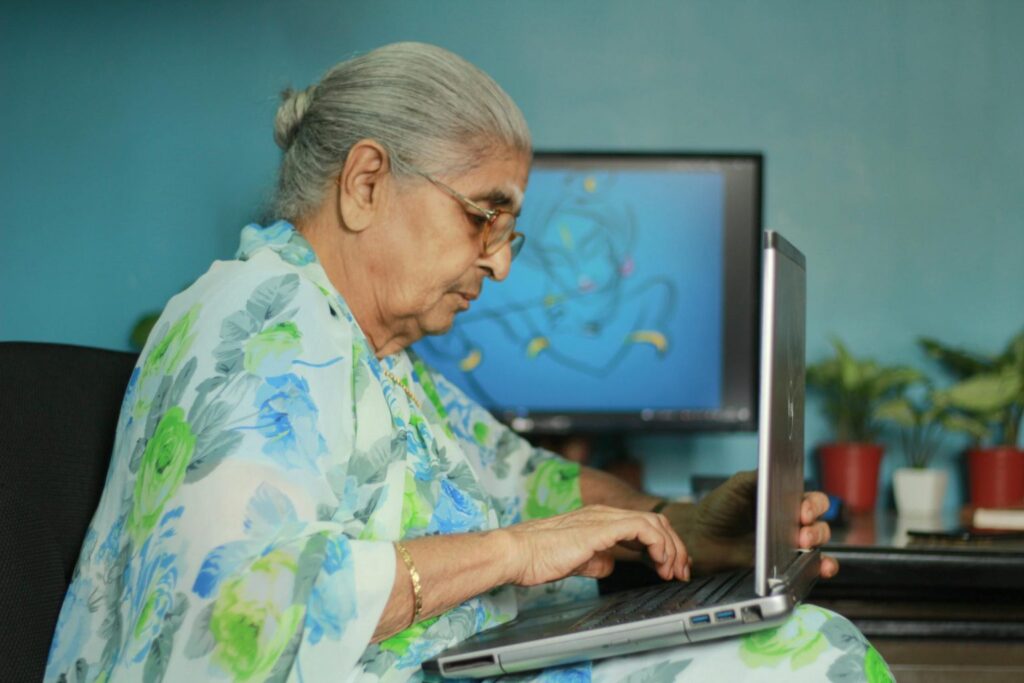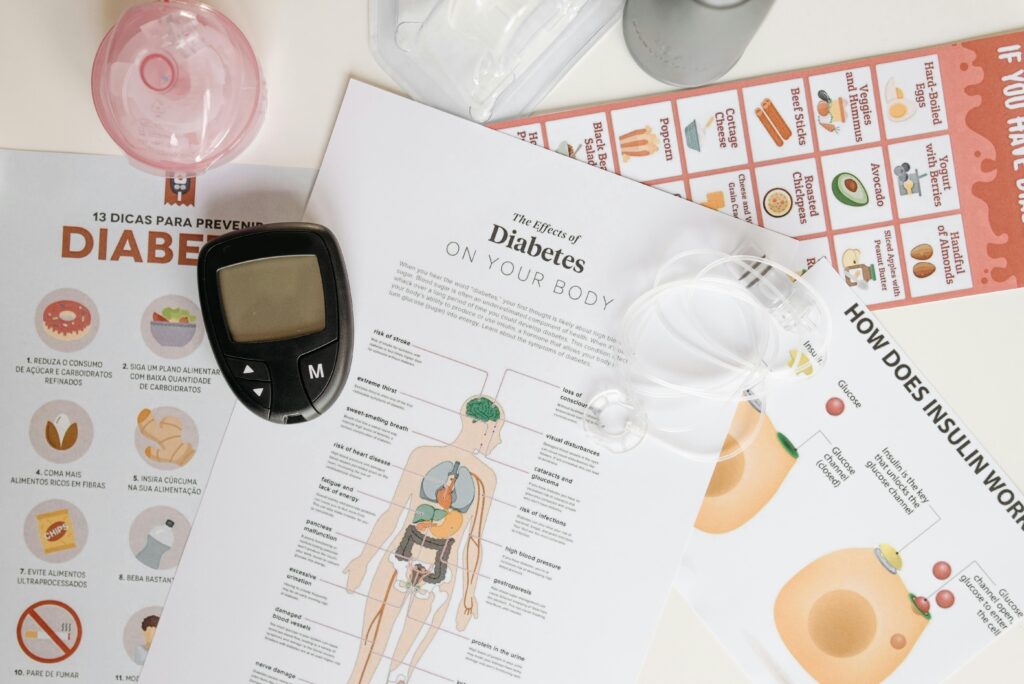As women cross menopause, their bodies go through many changes. Some are easy to notice—like hot flashes or mood shifts. But others happen quietly inside the body. One of the most important, yet often ignored, changes takes place in the liver.
The liver is a powerhouse. It filters blood, breaks down medicines, balances hormones, and stores energy. After menopause, this hardworking organ deserves a little extra attention. Let’s take a closer look at how liver health changes after menopause—and what women and caregivers can do about it.
Why Menopause Affects the Liver
During a woman’s reproductive years, estrogen plays a big role in keeping various organs healthy, including the liver. After menopause, estrogen levels drop. This hormonal change can make the liver more vulnerable to fat build-up, inflammation, and slower recovery from damage.
This is why many women, even those who were never at risk before, may suddenly face issues like:
- Fatty liver
- High cholesterol
- Increased belly fat
- Blood sugar problems
- Trouble processing certain medicines
The liver doesn’t complain loudly at first. It struggles quietly. But over time, the signs show up.
How to Support Liver Health After Menopause
The good news? With some care and small lifestyle changes, women can keep their livers strong well into their 60s, 70s, and beyond.
Let’s look at how.
Eat Smart, Eat Light
A healthy liver begins in the kitchen. After menopause, digestion slows down. The body stores fat more easily, especially around the abdomen. This puts pressure on the liver.
What helps?
- Choose whole grains like brown rice, millets, and oats
- Add fiber through fruits (like papaya, guava, and oranges) and vegetables (like spinach, carrots, and beans)
- Use healthy oils like groundnut or mustard oil—but in small amounts
- Cut down on deep-fried snacks, rich sweets, and processed foods
- Avoid sugary drinks and excess salt
Eat home-cooked, balanced meals. Avoid skipping meals or crash dieting. The liver needs steady energy to work well.
Stay Active, Even a Little
Movement helps the liver break down fat and keep sugar levels in check. You don’t need to join a gym. Simple habits work:
- A daily walk (even indoors)
- Gentle yoga
- Stretching exercises
- Household activities at your own pace
Even 20–30 minutes a day can make a big difference over time.
Keep an Eye on Medicines
After menopause, many women start taking medicines for blood pressure, diabetes, or bone health. The liver has to process all these drugs.
Too many medicines—or the wrong mix—can burden the liver.
- Always take medicines only as prescribed
- Avoid taking painkillers regularly without medical advice
- Let your doctor know about any supplements or herbal remedies you take
- Get liver function tests done if you’re on long-term medication
Never assume that “natural” means safe. Even herbal tonics can affect the liver.
Limit Alcohol and Say No to Smoking
After menopause, the body handles alcohol differently. Even small amounts may hurt the liver more than before.
If you drink alcohol, talk to your doctor about safe limits. And if you smoke—even occasionally—quitting is one of the best things you can do for your liver and overall health.
Watch for Silent Signs
The liver doesn’t give obvious warnings at first. But it does show some subtle signs when under stress. Look out for:
- Unexplained fatigue
- Sudden weight gain or bloating
- Dark urine or pale stools
- Mild swelling in feet
- Yellowing of eyes or skin (a late sign)
If you notice these symptoms, don’t ignore them. A simple blood test can tell a lot about how your liver is doing.
Sleep, Hydration, and Stress Matter Too
The liver does a lot of its cleanup work while we sleep. Good sleep supports good liver function. So does staying hydrated—sip water throughout the day, especially in hot weather.
Stress, on the other hand, can throw off hormonal balance and affect the liver. Try deep breathing, light music, or just a peaceful routine to keep stress low.
Liver Checks After 60: Better Safe Than Sorry
Even if you feel perfectly fine, it’s wise to get a basic liver function test every year or so—especially if you have diabetes, thyroid issues, or take regular medicines.
Your doctor may also suggest an ultrasound or lipid profile, depending on your health history.
Women Deserve Liver Care, Too
Often, women put others first—their children, partners, or even grandchildren. But after menopause, it’s time to listen to your own body. The liver may not complain loudly, but it needs your attention.
Caring for your liver means caring for your energy, your mood, your digestion, and your quality of life.
So eat smart, move more, rest well, and get your check-ups. Your liver will thank you—quietly, but surely.
Did this blog help you understand your liver better?
Have you or a loved one experienced liver-related issues after menopause?
We’d love to hear from you in the comments.
Please share this blog with someone who may find it useful. Let’s keep the conversation going.





